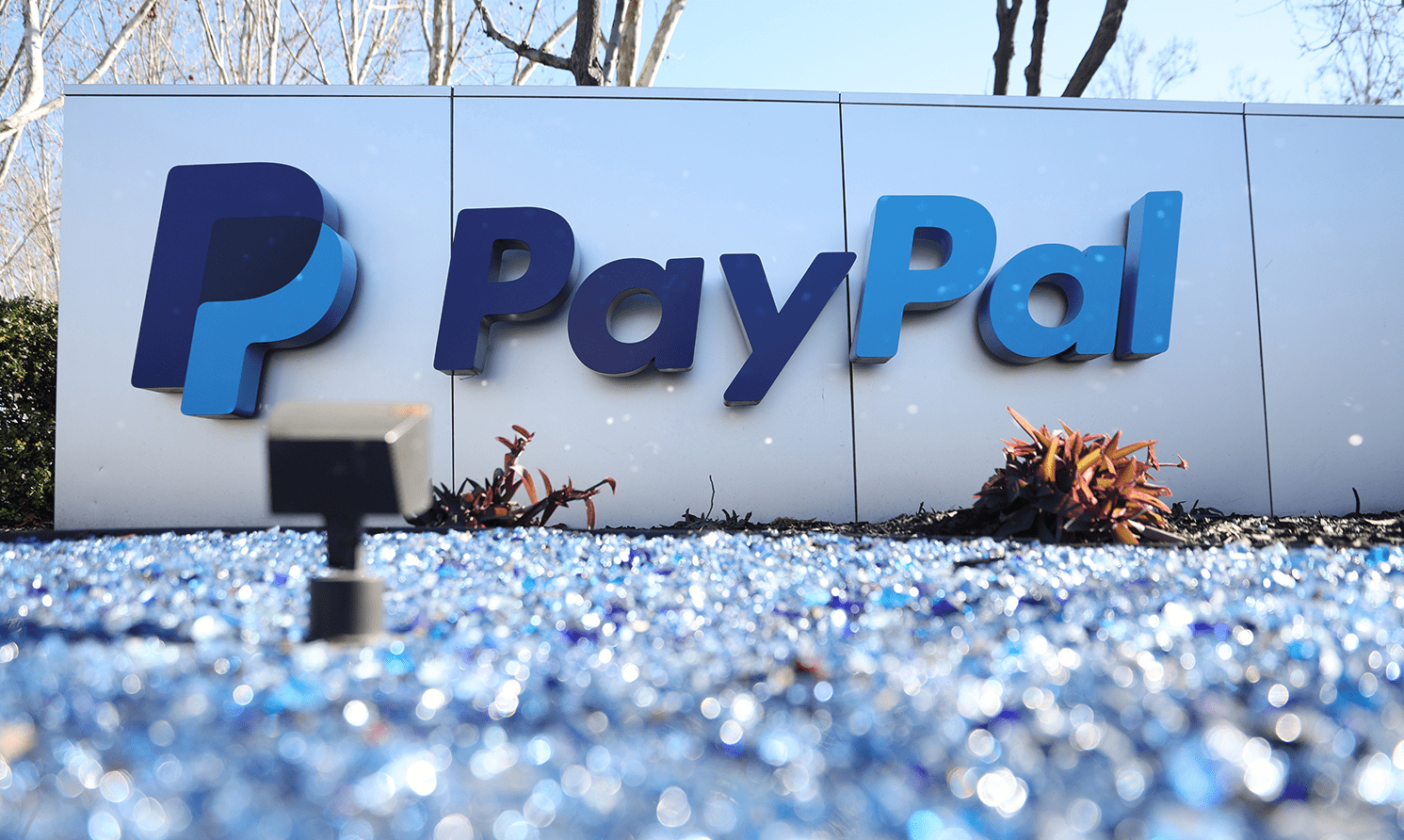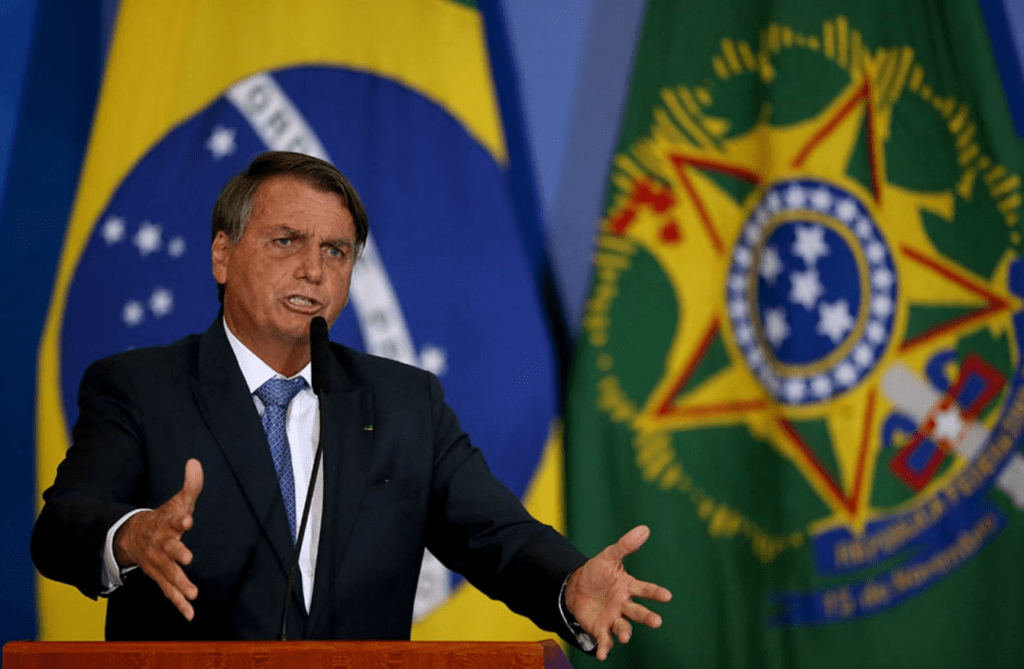

PayPal is Failing in its Legal Duty to Treat Customers Fairly
Imagine having no bank account, no mobile wallet, no pre-paid card. What jobs might be open to you if you could only be paid in cash? What sort of landlord would let you pay your rent in cash and, by extension, what sort of property would you live in? Perhaps you might find an entry-level position with a car-washing gang and, as part of your compensation package, they might introduce you to the local slum landlord who will offer you a room. Forget social mobility – you’d be hard pressed to fully participate in society at all.
Now imagine you were born in one of the great rural expanses of the sub-continent or Africa. Maybe your family has a small plot of land to farm, but you need to buy seed or a small number of livestock. The rains didn’t come last year so, without access to micro-finance, it looks like starvation is on the cards for you this year. Or, if you’re lucky, international aid, which is of course welcome, but doesn’t enable you to work your way out of the situation next time.
You can see why, for years now, there have been calls to recognise access to financial services as a human right. Financial inclusion, as it is known in the NGOs, among the policy makers and within the financial services industry, is a big topic. PayPal, to pick a firm at random, says its mission is to “democratise financial services to ensure everyone… has access to… products and services to take control of their financial lives” and that it believes that “access to affordable and convenient financial services should be a right for all” (emphasis mine). Fine words and, perhaps, a recognition by PayPal that it has a duty to use its power to include – and exclude – people responsibly.
But wait. Haven’t we just been through six months of intense discussion about something called SWIFT – the messaging service used by banks to make international payments – and whether we should cut Russia and its 140 million people off from the global financial system? Didn’t Justin Trudeau and GoFundMe deny the protesting Canadian truckers access to their own bank accounts and the funds donated to them? Didn’t PayPal just withdraw services from Toby Young, the Free Speech Union and the Daily Sceptic without explanation, due process or apparent justification?
And although you may not be aware of it, there is a separate but parallel trend in banking known as de-risking. This is a broad concept, but de-risking includes banks withdrawing services from clients deemed to be high risk, such as licensed gambling, pornography and payment companies. In such cases, the client’s activity is lawful, but carries a perceived reputational risk and, in some cases, a heighted risk of mis-use. Some waves of de-risking have forced payment companies into administration.
De-risking also includes international banks shutting their own accounts in developing countries due to the regulatory risks associated with those countries and the cost of maintaining those accounts. The World Bank and others have been warning for years that, if this trend continues, some developing countries could be unintentionally cut off from the global financial system with devastating results. And even if they are not cut off completely, we can already see the impact of reduced payment options into developing countries through excessive costs.
So what’s going on here? Are we working towards greater financial inclusion? Do we recognise financial services as an essential service, if not a human right, and make sure everyone has fair access? Or are we pulling the digital shutters down and selectively turning people away?
In the U.K., the Payment Accounts Regulations 2015 require the nine biggest banking groups to offer a free basic bank account, regardless of income or bad credit history. The problem with the free basic bank account is that, while it provides you with a means to be paid by electronic funds transfer and of making payments to others, it doesn’t come with any other services. So you may be able to resign your position in the car washing gang and get a better job, but you won’t be able to do much else.
You may be thinking that, in Toby Young’s case, he should just find another provider. Which he is of course doing. But it’s not quite so simple. One of the reasons people use firms like PayPal is that it is difficult for an individual, not-for-profit or small business to obtain services such as card-acquiring from banks. They’re de-risking, after all. If the major alternative payment providers start withdrawing services, it gets harder. And even when an alternative can be found, there are significant costs associated with the transition including loss of revenue while the new provider is found, follows its account opening procedures and goes live.
So what should we realistically expect from providers like PayPal?
For a start, financial services firms are required to comply with legal and regulatory obligations, including international sanctions, and with the terms of any licence granted by their regulator. A firm is required, among other things, to prevent its services being used for illegal activities, which range from terrorist financing to money-laundering. A firm must be able to exclude people on this basis.
A responsibly managed financial services firm must also make decisions about its capacity to safely transact with a client. Does it have the capital, the technology and the expertise to handle the services requested by the client? And equally, does the client have the capacity to safely use the services it has requested? A firm must also be able to exclude people on this basis.
If you’ve seen the fines and other sanctions meted out to banks and firms like PayPal for failing to apply these principles, which can run into the billions of dollars for individual cases, you wouldn’t blame them for being overly cautious. And that’s before the whipping they receive in the media and even Parliament itself.
What about the “acceptable use policies” that firms use as a reason for withdrawing services? This is a more nuanced question, balancing the imperatives of financial inclusion, the right to pursue lawful activities, and free speech with the right of a firm to decide who and what activities it wishes to serve.
One thing that should be clear, however, is that once a firm has accepted a client, it has a duty to treat that client fairly. The Financial Conduct Authority requires a licensed firm to have “due regard to the interests of its customers and treat them fairly” and requires them to maintain and follow a formal complaints procedure. If these two principles mean anything, they surely require a firm to apply its acceptable use policy properly and in good faith, clearly explain how it believes the client has breached the policy, give the client an opportunity to respond and then treat that response on its merits. Even more so where the firm believes that “access to affordable and convenient financial services should be a right for all”.
Adrian Brown works in payments and foreign exchange, with experience across both the banking and financial technology sectors.







